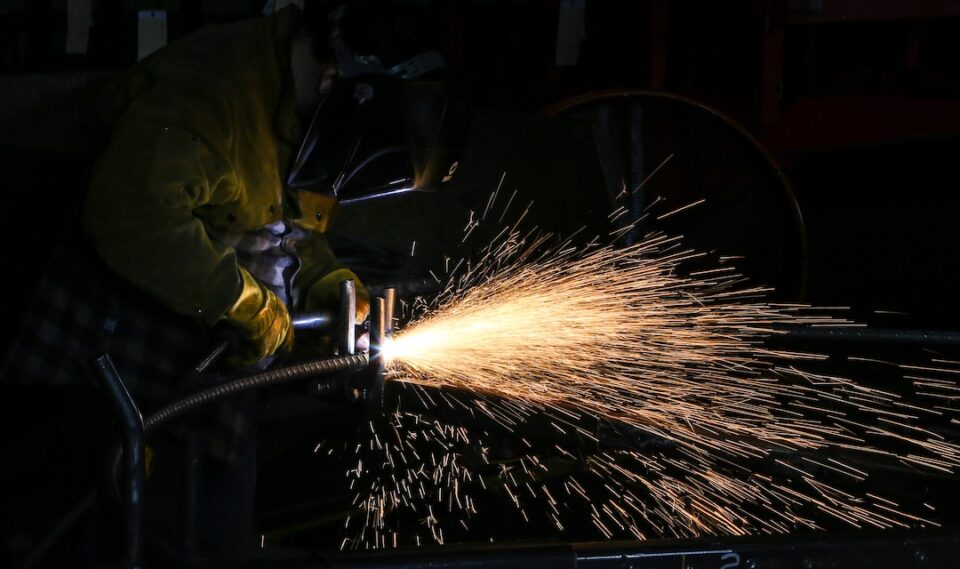How Automation is Transforming the Manufacturing Industry
Automation has become an integral part of the manufacturing industry in recent years. It has rapidly transformed the way companies design, produce, and distribute their products. Manufacturers are increasingly adopting automated systems to streamline their operations, reduce costs, improve efficiency, and enhance competitiveness. This blog post will explore the various ways automation is revolutionizing the manufacturing industry.
One of the primary benefits of automation in manufacturing is increased productivity. Automated systems can perform repetitive tasks with great accuracy and at a much faster pace than human workers. For instance, robots can assemble products with precision and consistency, resulting in higher production rates and minimal errors. This boost in productivity enables manufacturers to meet increased demand and deliver orders in a shorter amount of time.
Moreover, automation has significantly improved product quality. By eliminating human errors and inconsistencies, automated systems ensure that products are manufactured to the highest standards. Additionally, these systems have built-in quality control mechanisms that can detect flaws in real-time, enabling manufacturers to rectify issues before they result in defective products. This not only saves costs associated with rework or recalls but also enhances customer satisfaction.
Another key advantage of automation in manufacturing is cost reduction. Although implementing automated systems requires a significant upfront investment, the long-term cost savings are substantial. Automated machines can operate continuously without breaks, resulting in higher production volumes and lower labor costs. Additionally, these systems are designed to minimize waste, optimize inventory management, and reduce energy consumption, thereby further reducing operational expenses.
Furthermore, automation has made manufacturing processes safer for workers. By taking over hazardous or physically demanding tasks, automation has reduced the risk of workplace accidents and injuries. For example, robots can handle heavy machinery or work in environments with toxic substances, eliminating the need for human workers to expose themselves to potential harm. This enhanced safety not only protects workers but also improves overall employee morale and satisfaction.
Additionally, automation has enabled manufacturers to improve supply chain efficiency. Automated systems can communicate with each other, exchange data, and make real-time decisions to optimize production processes. This level of connectivity has facilitated closer collaboration between suppliers, manufacturers, and distributors, resulting in better inventory management, reduced lead times, and improved demand forecasting. As a result, the supply chain becomes more agile and responsive to market fluctuations.
Moreover, automation has driven innovation in the manufacturing industry. With the integration of artificial intelligence (AI) and machine learning (ML) technologies, automated systems can analyze vast amounts of data and make intelligent decisions. This has paved the way for predictive analytics, enabling manufacturers to anticipate maintenance needs, optimize production schedules, and improve product design. By leveraging automation and advanced analytics, manufacturers can stay ahead of the competition and deliver innovative products to the market faster.
Despite the numerous benefits, it is important to acknowledge the potential challenges associated with automation in the manufacturing industry. The rapid pace of technological advancements means that manufacturers must continuously invest in training programs to upskill their workforce to adapt to these changes. Moreover, the shift towards automation may lead to job displacement, as certain tasks become fully automated. However, it is crucial to recognize that automation also creates new job opportunities, such as programming, maintenance, and supervision of automated systems.
In conclusion, automation has fundamentally transformed the manufacturing industry. It has revolutionized productivity, product quality, cost reduction, safety, supply chain efficiency, and innovation. Manufacturers who embrace automation are well-positioned to thrive in today’s competitive landscape. While challenges may arise, the benefits outweigh the drawbacks. As technology continues to advance, automation will continue to play a vital role in shaping the future of the manufacturing industry.

